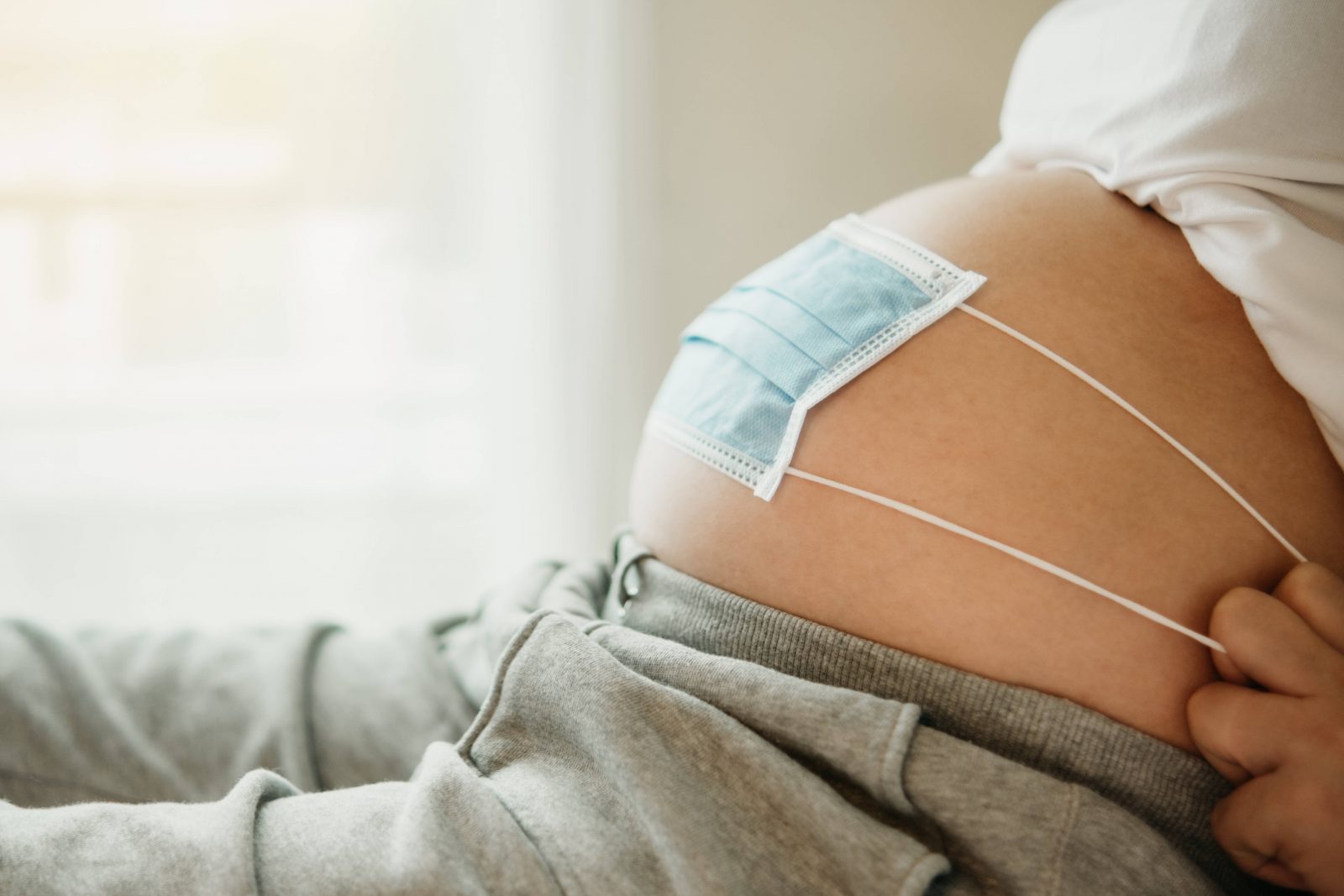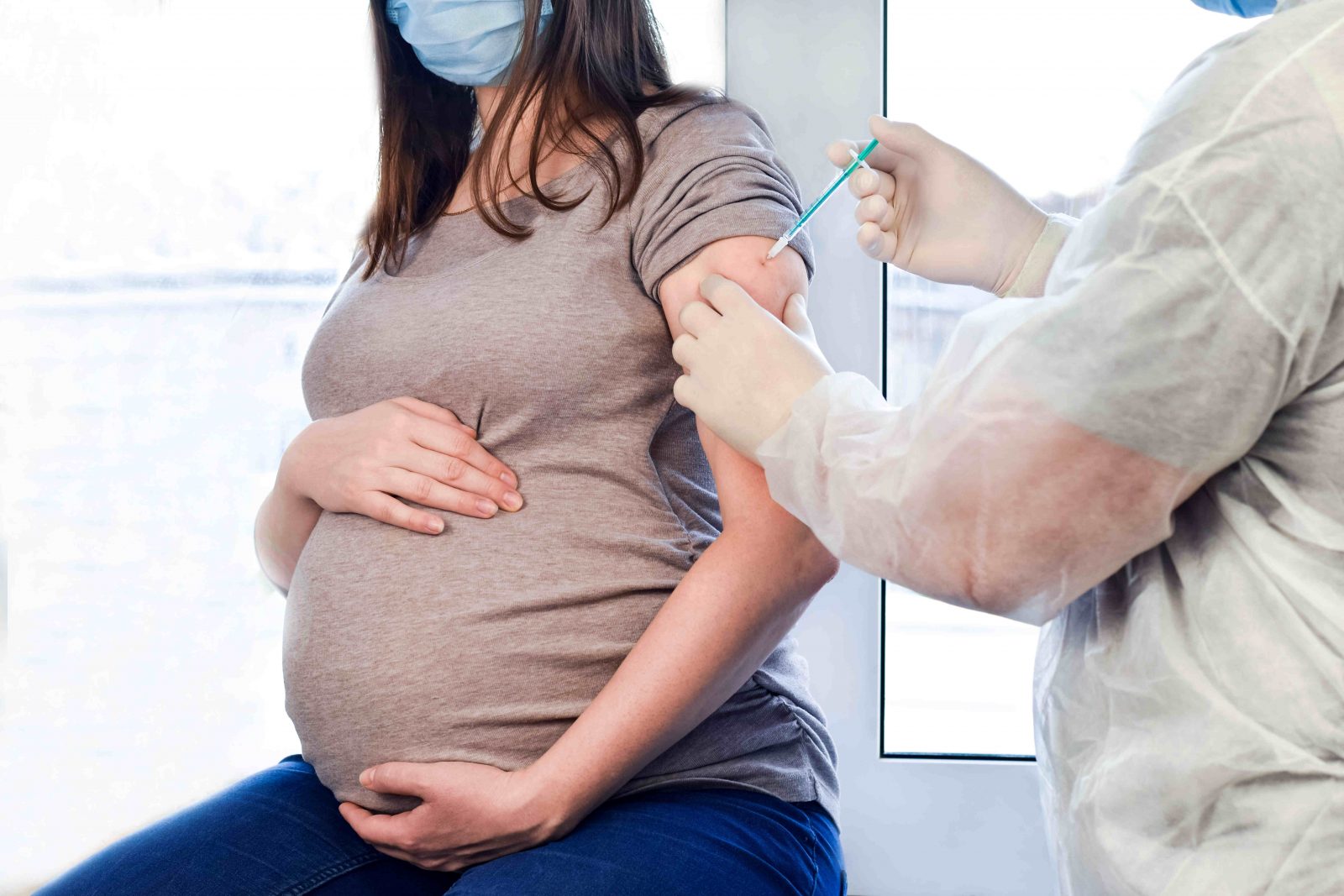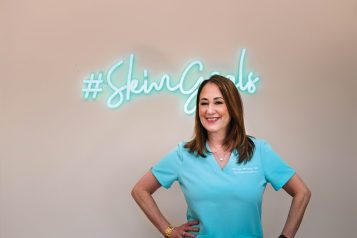Over the years, Dr. Brian Levine has been cited as one of the nation’s leading fertility experts in The New Yorker, New York Post, NBC, CNN, Avenue Magazine among others, offering valuable insight on everything from fertility misconceptions, egg-freezing 101, to how men can boost their fertility. Dr. Levine attended New York University School of Medicine, served as the President of the NYU Alumni Association, and was the only physician on NYU’s Board of Trustees during his 7-year tenure. Recently he was awarded the Meritorious Service Award, the highest award bestowed upon an alumnus for their extraordinary service and continuing devotion to NYU and who embodies the University motto: To Persevere and to Excel.
Haute MD sits down with Dr. Brian Levine, a New York City-based fertility expert, to get insight on the COVID-19 vaccine and risks while trying to conceive, pregnant or breastfeeding.
 Photo Credit: ShutterstockAs the scope of those eligible to receive the COVID-19 vaccine continues to widen, many of those who are trying to get pregnant, those who are pregnant, or those who are breastfeeding, are increasingly anxious about the potential effects and side-effects of the vaccine. The internet seems to be divided about who can and who should get vaccinated!
Photo Credit: ShutterstockAs the scope of those eligible to receive the COVID-19 vaccine continues to widen, many of those who are trying to get pregnant, those who are pregnant, or those who are breastfeeding, are increasingly anxious about the potential effects and side-effects of the vaccine. The internet seems to be divided about who can and who should get vaccinated!
In the most recent recommendations from the Centers for Disease Control and Prevention (CDC):
- COVID-19 vaccination is recommended for all people 12 years and older, including people who are pregnant, breastfeeding, trying to get pregnant now, or might become pregnant in the future.
- Evidence about the safety and effectiveness of COVID-19 vaccination during pregnancy has been growing. These data suggest that the benefits of receiving a COVID-19 vaccine outweigh any known or potential risks of vaccination during pregnancy.
- There is currently no evidence that any vaccines, including COVID-19 vaccines, cause fertility problems in women or men.
- Pregnant and recently pregnant people are more likely to get severely ill with COVID-19 compared with non-pregnant people.
- Getting a COVID-19 vaccine can protect you from severe illness from COVID-19.
With that said, there is too much misinformation and disinformation around the COVID-19 vaccines on the internet; this has brought legitimate attention to the fact that most medications and therapies have not been studied in women, or men and women who are trying to get pregnant, stay pregnant, or are currently breast feeding. Because topics related to reproductive health are incredibly emotional, false anti-vaccination claims have spread across the internet, and have deterred some of the most vulnerable populations from receiving the only effective tool in preventing the risk of infection from the virus that causes COVID-19.
 Photo Credit: Shutterstock
Photo Credit: Shutterstock
Since the release of the COVID-19 vaccines in late 2020, there has been no major cautionary statement from any academic body — the American Society for Reproductive Medicine, the American College of Obstetrics and Gynecology, the Endocrine Society, the American Medical Association — no one has been able to say that there are any untoward outcomes on anyone’s reproductive potential or reproductive future as a result of receiving the COVID-19 vaccine or the sequence of vaccines.
All things considered, the decision to get vaccinated or vaccinate one’s children is an incredibly personal decision that should be made in partnership with one’s physician. If you’re on the fence about getting “the jab,” you should know that your doctors are more worried about you getting COVID-19 than being vaccinated against it!
For more information, visit Dr. Brian A. Levine's social media:

























